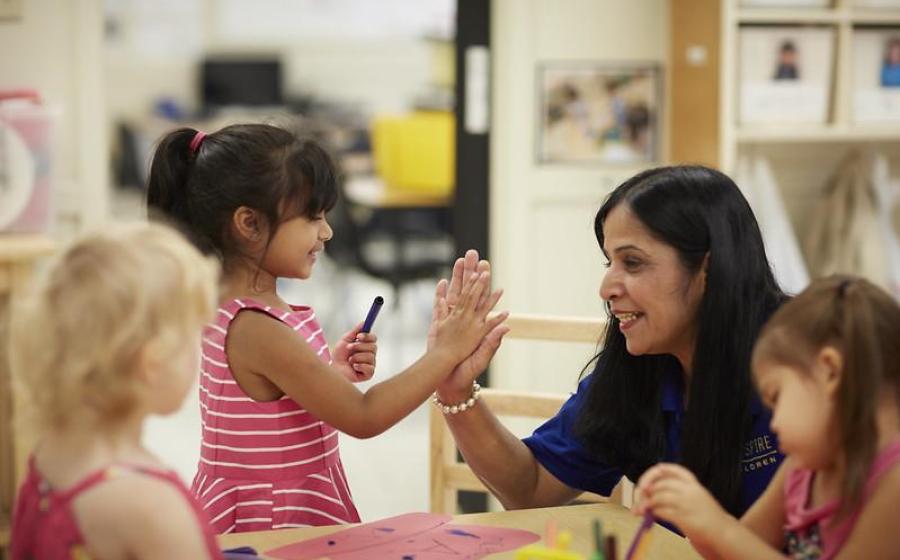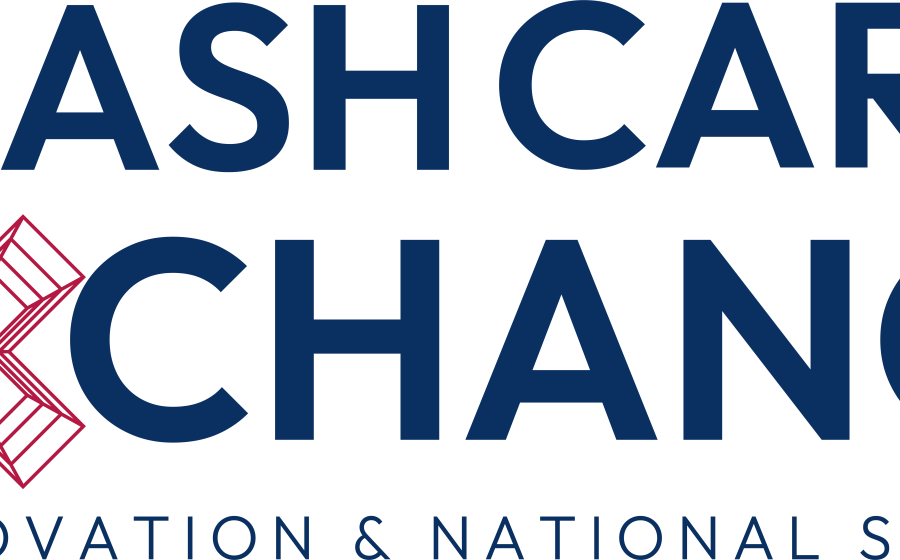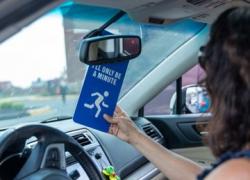Family Teacher Conference Topics Beyond Academics
(NewsUSA) - Raising a family is overwhelming enough; add in milestones, routines, challenging behavior and keeping an eye on academic progress, and you’re in for a spin. However, your child’s teacher is often there to help navigate you along the way. Family-teacher conferences are not only a great measure of your child’s academic progress and needs, but it’s also a time to learn more about your child’s personality and tips to set them up for confidence and success beyond the classroom.
- Raising a family is overwhelming enough; add in milestones, routines, challenging behavior and keeping an eye on academic progress, and you’re in for a spin. However, your child’s teacher is often there to help navigate you along the way. Family-teacher conferences are not only a great measure of your child’s academic progress and needs, but it’s also a time to learn more about your child’s personality and tips to set them up for confidence and success beyond the classroom.
“No matter how old your child is, it’s important to communicate regularly with teachers and stay plugged into your school community,” says Ariel Bronson, Inclusion Services Advisor for KinderCare. “We hold conferences twice yearly because we value family as important educational collaborators. Research shows that when families and teachers stay connected, children are not only better prepared to enter kindergarten but their social skills and achievement improve, too. We are always thinking about how to set kids up for the most success, and we’re proud that the longer kids stay in our program, the better they do.”
Here are two focus topics, beyond academics, to help set you up for a well-rounded family-teacher conference:
- Social-emotional. Your child craves relationships, and we know they’re important for you, too. According to a study, 58% of parents have seen a difference in their child’s social-emotional skills since enrolling their child in a child care setting.
- What are my child’s strengths outside of academic performance?
- What is something kind you have seen my child do?
- How does my child interact with their peers?
- Executive functioning. Your child is capable of more than you may think. As adults, we often want to help, but it’s important to take a step back so your children can learn more about their abilities to stay focused on tasks and continue improving and developing healthy skills.
- How well does my child follow simple instructions?
- How does my child bounce back from an unpreferred situation?
- How does my child react to conflict?
Don’t be afraid to ask your child’s teacher to elaborate on an answer or explain using an example for you. Be sure to also ask for resources and tips to use at home to help your child expand on these skills.
Remember that these conferences are merely a snapshot in time. Use the results as a positive guide to build upon. This meeting does not define your child; it informs you about them. It’s not an all-inclusive list of their abilities or what they’re going to do in the future. You’ve got this, and they do, too! For more resources, visit KinderCare.com.


 -
-  Coded to Kill by Marschall Runge, M.D.
Coded to Kill by Marschall Runge, M.D. The Dream Collector: Book I “Sabrine and Sigmund Freud” by R.w. Meek
The Dream Collector: Book I “Sabrine and Sigmund Freud” by R.w. Meek Langston Mangston's Cool-Le-Made Adventure by Chandler G. Hayes
Langston Mangston's Cool-Le-Made Adventure by Chandler G. Hayes At the Edge of the Ice by Carolyn Armstrong
At the Edge of the Ice by Carolyn Armstrong
 - Advocates of all ages across the country join forces on April 1, Take Down Tobacco National Day of Action, to stand up and speak out against the tobacco industry.
- Advocates of all ages across the country join forces on April 1, Take Down Tobacco National Day of Action, to stand up and speak out against the tobacco industry.
 - April is National Minority Health Month, and Black Americans, American Indians/Alaska Natives (AI/AN), and underserved Americans, are among those disproportionately affected by colorectal cancer, according to the Colorectal Cancer Alliance (Alliance), the leading national nonprofit organization dedicated to ending the disease.
- April is National Minority Health Month, and Black Americans, American Indians/Alaska Natives (AI/AN), and underserved Americans, are among those disproportionately affected by colorectal cancer, according to the Colorectal Cancer Alliance (Alliance), the leading national nonprofit organization dedicated to ending the disease. - Advocates of all ages across the country join forces on April 1, Take Down Tobacco National Day of Action, to stand up and speak out against the tobacco industry.
- Advocates of all ages across the country join forces on April 1, Take Down Tobacco National Day of Action, to stand up and speak out against the tobacco industry.
 - As artificial intelligence (AI) continues to transform the landscapes of our society, the impact on national security must be a top priority.
- As artificial intelligence (AI) continues to transform the landscapes of our society, the impact on national security must be a top priority. 


